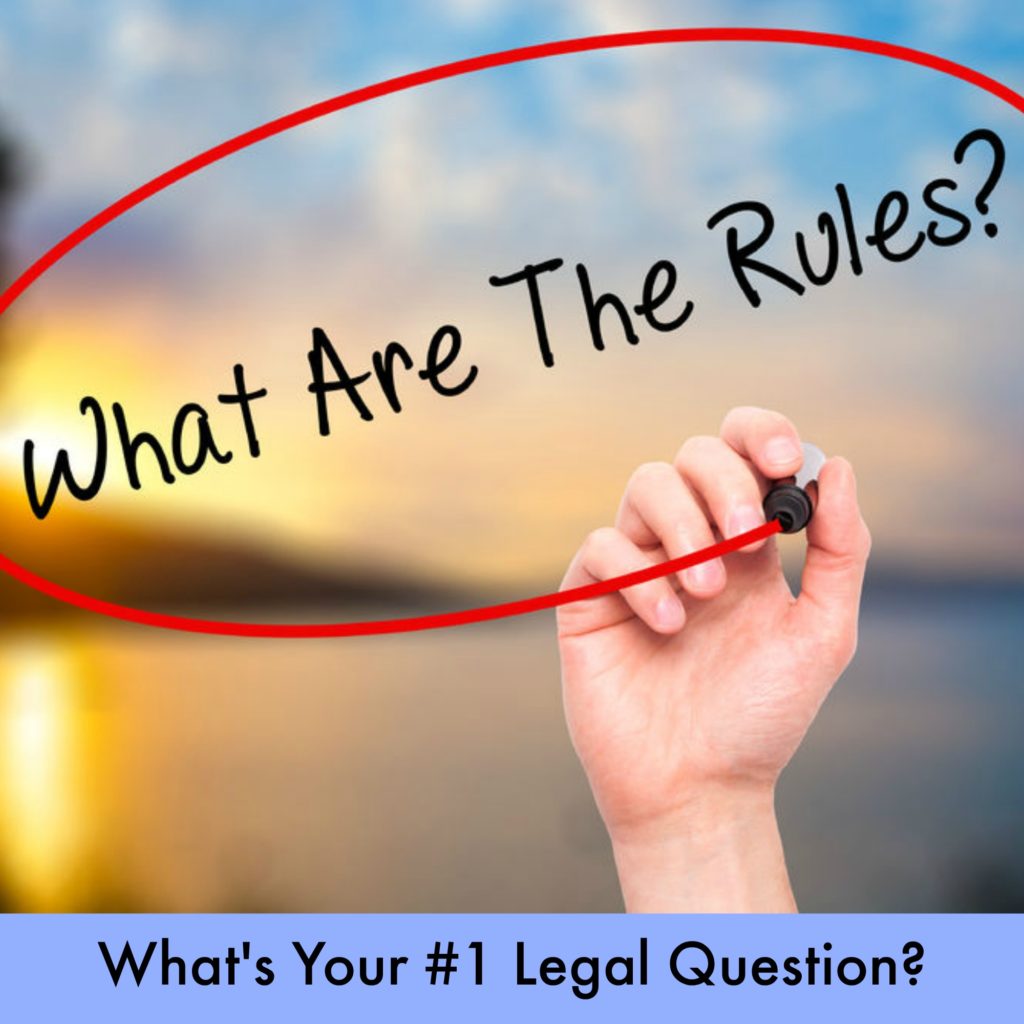Today I want to share with you how to start an LLC. This information is going to be pretty much the similar regardless of what state you're in. As an attorney, I practice in North Carolina. I'm also licensed in Florida. So by the end of today, I'm going to tell you about the different steps you need to know if you're going to start your own LLC.
I actually had a client in yesterday who was trying to going through a divorce situation. They have a rental property business that he needs to separate with his wife. And they both want to keep the rental properties. And we talked about one of the things they can do is start an LLC. So how do you do that?
Starting an LLC Step #1 – Get a Business Name
Well, it's actually pretty easy to do depending on the state you're on. When you're starting an LLC, the first thing you need to do is you need to do a search for your name. You need to make sure your name is not taken, and this doesn't need to necessarily be your brand name. This can be a special name for your LLC, your business name.
The way you're going to do that is you're going to go to your secretary of state's website in the state where you're starting the LLC. By the way, I need to mention something right off the bat. You do not need to go to Delaware, you do not need to go to Nevada, you need not need to go to Wyoming to start your LLC.
You can start your LLC in your own state. If you're starting in another state, then you're going to have to register it in your own state anyways, a foreign entity, big mistake cost a lot of money. It's more effort. It's more pain than it's worth. Don't do it. There's people out there that say you can do that because you can avoid taxes. You can't avoid the taxes. Start the LLC in the state where you're doing business, that's going to be the best state for you to do it in.
Starting an LLC Step #2 – File the Articles of Organization
So I already mentioned go to your secretary of state's website, do a search for your name, make sure the name's not taken. If it's not, you can go ahead and file what are called articles of organization. And I think it's named the same thing in all 50 states. I'm not sure about that, but that's what you're going to file. You're going to fill out this form, your articles of organization. It's going to give information like the name of the LLC, the business address, who the registered agent is. That needs to be an actual physical address where somebody can accept mail on behalf of your business if you get sued. That's what a registered agent does. Basically, there's corporate entities that do that, but it needs to be a physical address in the state where your LLC is located.
They're going to want information such as who the initial members are of the LLC owners of an LLC are called members, not shareholders and other information like that. And you're going to take those articles of organization. You're going to take them down to your secretary of state's office, or potentially you can file this electronically through the interwebs.
You're going to pay a filing fee which varies in different states. And then once they file those, your LLC is going to be formed. They're going to send you a document back that's going to tell you that your LLC has been formed. Then you've got an LLC, but here's the thing. That's not enough, people. If that's all you're doing to start your LLC, you might as well do nothing because it provides no liability protection to you. There's no tax advantages to doing that, you've basically done nothing to protect yourself. Which is the whole point of forming your LLC.
There's another step you need to create what's called an operating agreement. An operating agreement is a document. It's a contract between you and you as a member of the LLC and the LLC. It basically spells out exactly how the LLC is going to operate, what you're going to pay yourself in terms of a salary or distributions or how those are going to be distributed. All those different things, where the business can be located, what you're going to do if you decide to add new members, what you're going to do, if you decide to break up with your other members. How often you're going to have meetings, what's going to be the substance of those meetings, all these things, there's all these things that need to go into this operating agreement and you need to have that done.
The next step is you need to actually follow the terms of the operating agreement so that if somebody decides to sue you at some point, they can't do what's called piercing the corporate veil. And by piercing the corporate veil, that's how they can do that if you basically don't operate yourself as the LLC, according to the terms of your operating agreement. So that's important. Some states ask you to publish a notification. I know I think New York asks you to do this. So there might be other requirements in your particular state. You'll want to check those requirements and make sure that you follow the law and the legal requirements in your particular state.
Starting an LLC Step #3 – File Your Paperwork Every Year
The next thing you want to make sure you do is remember to file all the necessary, updated paperwork every year. And that may be annual minutes. That may be an annual report, different things. There's usually going to be filing fees associated with this. So you want to make sure you do that on an annual basis to make sure your LLC stays active. I've had situations where people have failed to do that. And then the LLC becomes inactive. And then anything the LLC has done up to that point while it's inactive basically is void. So, make sure you do all the annual reporting requirements. You need to make sure you do that. If you don't do that, then you can run into problems and your LLC can be disbanded.
I had a client that had a real estate deed and the real estate deed was basically void. And that was a big problem because my client had spent several hundred thousand dollars on acquiring that piece of property. But his deed was no good and then there was a death. And that's what we do, that's what lawyers do. We deal with problems like that. So we try and fix it all. But the better thing to do would just make sure the LLC never had a problem in the first place. So that's what you need to do. That's how you start and run an LLC. And other than that, I mean, I've got other blogs here about how to pay yourself in an LLC about the tax implications, different things like that.
And other than that, I hope you have a great day folks. I hope you are having a wonderful business. I hope things are going well for you. So thanks so much folks, have a great day!



